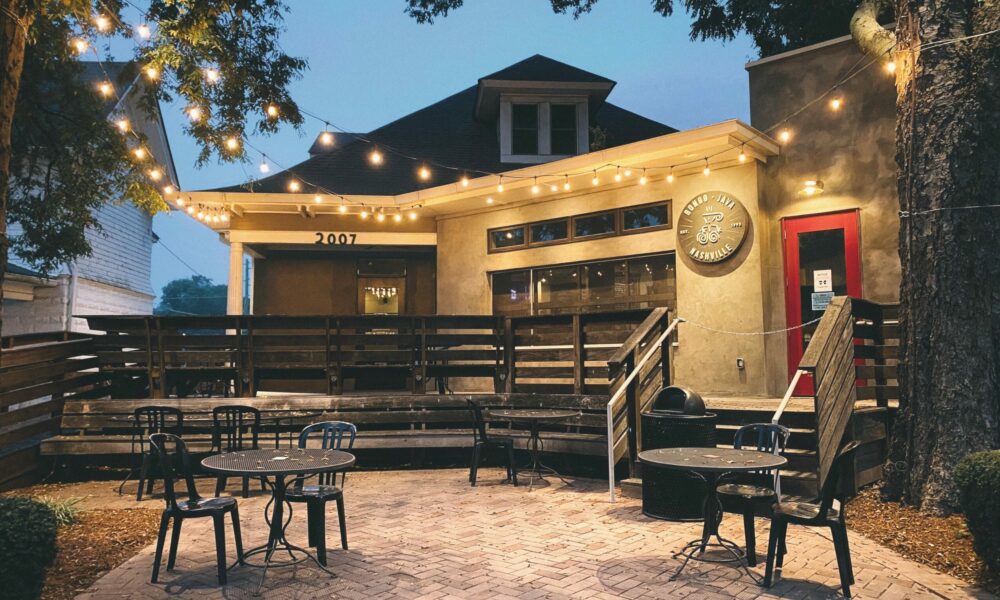

Today we’d like to introduce you to Bob Bernstein.
Hi Bob, thanks for sharing your story with us. To start, maybe you can tell our readers some of your backstories.
I reluctantly moved to Nashville in 1988 when I got a job as a business and political reporter. I hadn’t spent any real-time in the South and in my group of friends, I was the only one who didn’t like Country Music and didn’t get into the Urban Cowboy trend that was going on then. I thought Nashville was going to be a springboard for my journalism career, which I hoped that one day would get me back to my hometown Chicago.
I soon realized I had it backward. After just six months or so, I discovered that there was something about Nashville that I liked and there was much about journalism that I didn’t. Nashville at that time was a sleepy city. There was one sushi restaurant, no Indian restaurant, and hardly any nightlife. Professional sports teams were years away, the part-time symphony shared space with the part-time traveling Broadway theater shows and downtown was filled with empty buildings. I had no idea that Nashville would explode the way that it has. Yet, I did feel there was some sort of opportunity for me here. Thus, much of my three years in journalism were spent trying to figure out what would keep me in this city.
My 30th birthday became my symbolic moment to quit journalism. At the time, I felt it was my last chance to take a chance on any of the many businesses and alternate career choices I had considered over the years. I told my boss I was thinking of opening a coffeehouse. I think he held back a chuckle – just as the bankers I approached with the business plan I created from reading an article about how to do so. When I finally did secure money from a few brave investors, friends who were so convinced I was going to lose everything volunteered to paint the walls and make some of the other few improvements to the space.
Bongo Java was the right concept in the right place at the right time. A bunch of 30 and 40 (ish) well-traveled and coffee cultured folks had found themselves in the neighborhood by Vanderbilt and Belmont Universities. The area seemed cool because of the schools but there wasn’t much at that time to offer. Thus, when Bongo opened across from Belmont University, it quickly fulfilled its mission of becoming a gathering place. A handmade sign said, “Open March 28 at 4 pm.” At 3 pm, folks formed a line. The cafe was instantly successful.
When I opened Bongo Java, I had no visions of multiple stores or of doing anything else. I had been a “two-year guy,” transferring colleges, changing jobs, and moving cities almost since I graduated high school. At that time, I had been in Nashville five years, in four different apartments and three different journalism jobs. Thus, when someone offered to buy Bongo a couple of years in, I almost reluctantly turned it down.
Soon after deciding to stay in the business, another space closer to Vanderbilt opened up and I started Fido, named in honor of the pet shop that had been there for some 50 years. I also started roasting coffee in the same space with the addition of Bongo Java Roasting Co.
True to personal form, the company opened another operation almost every two years. Soon there was Bongo East Cafe, Grins Vegetarian, Fenwicks, Jefferson St. Cafe, BOX, and Bongo Bakery. More recently, the two-year trend has worked in reverse. Instead of opening stores, I started to sell them. Getting older, having a family, and Covid all contributed to those decisions.
Currently, we own three cafes, license another three, and have a coffee roasting company.
I’m sure you wouldn’t say it’s been obstacle-free, but so far would you say the journey has been a fairly smooth road?
There is allure attached to owning your own business. Yet, the odds are so stacked against success that everybody who even thinks about starting their own place can talk all day about the problems they did or tried to overcome.
My business was profitable its first month of operation. However, that doesn’t mean we were profitable every month since! I grew through grabbing opportunities and by instinct. Figuring out what I was doing took me years to invest time to do.
We’ve survived construction delays, overruns, and accidents. We’ve had to close for floods, tornadoes, and cars running through our front windows. And we’ve had explosive employees, crazy customers, and miserable managers.
However, the toughest things we’ve had to deal with have been employee deaths and the pandemic.
When you open a business, you don’t realize in addition to all the other roles you also sometimes have to take on parental, therapist, or advisor to your staff. I’ve worn all these hats when confronted with a suicide, a fatal car accident, and an on-site overdose. Most recently, I attended funerals for two employees who died of Covid.
The pandemic hit everyone hard. For us, one day it was making long-term plans to the next seeing your chef cook up all the food in the store to create care packages for employees who we didn’t know if we’d ever see again. Personally, I suddenly went from a great work balance situation to a complete financial unknown. The past 18 months have been scary, reflective, and insightful. We waited longer than most to reopen, erring on the side of safety. Government monies have kept us afloat and given us a more stable future. For that, I’m super grateful.
Appreciate you sharing that. What else should we know about what you do?
Bongo was instantly successful and has survived long-term because we created comfortable places people want to be. Our mission statement says we “expand the definition of quality.” In addition to focusing on organically-grown and direct source coffee, this has come to mean that we grow people as much as bottom lines and we give employees the freedom to chase their long-term dreams, give input and be themselves.
I also believe our business has done its best when I let myself be me. I gave employees the freedom to create a silly documentary that led to the fame of the NunBun (a cinnamon bun that looks remarkably like Mother Teresa), established a “dream grant” that funded employee’s dreams, and supported an employee through rehab who came back to be a long-term GM.
As an owner/founder, your business naturally takes on much of your personality. I’m about doing a job well, having fun doing it, and not taking myself too seriously. This has led to our slogans “98% pretention free,” “we appreciate your addiction” or “just too weird to franchise” and “Drink two cups and dance after breakfast.” All of those sums it all up.
What makes you happy?
The freedom to do what I want and have people appreciate it.
I’ve never been a good employee. Perhaps it’s because I always want to do it my way. And perhaps it’s because I never had a boss who encouraged that part of me.
The best part of owning my own business is that I can host a Stuffed Animal Hospital and no one can tell me “no.”
Contact Info:
- Email: [email protected]
- Website: www.bongo.coffee

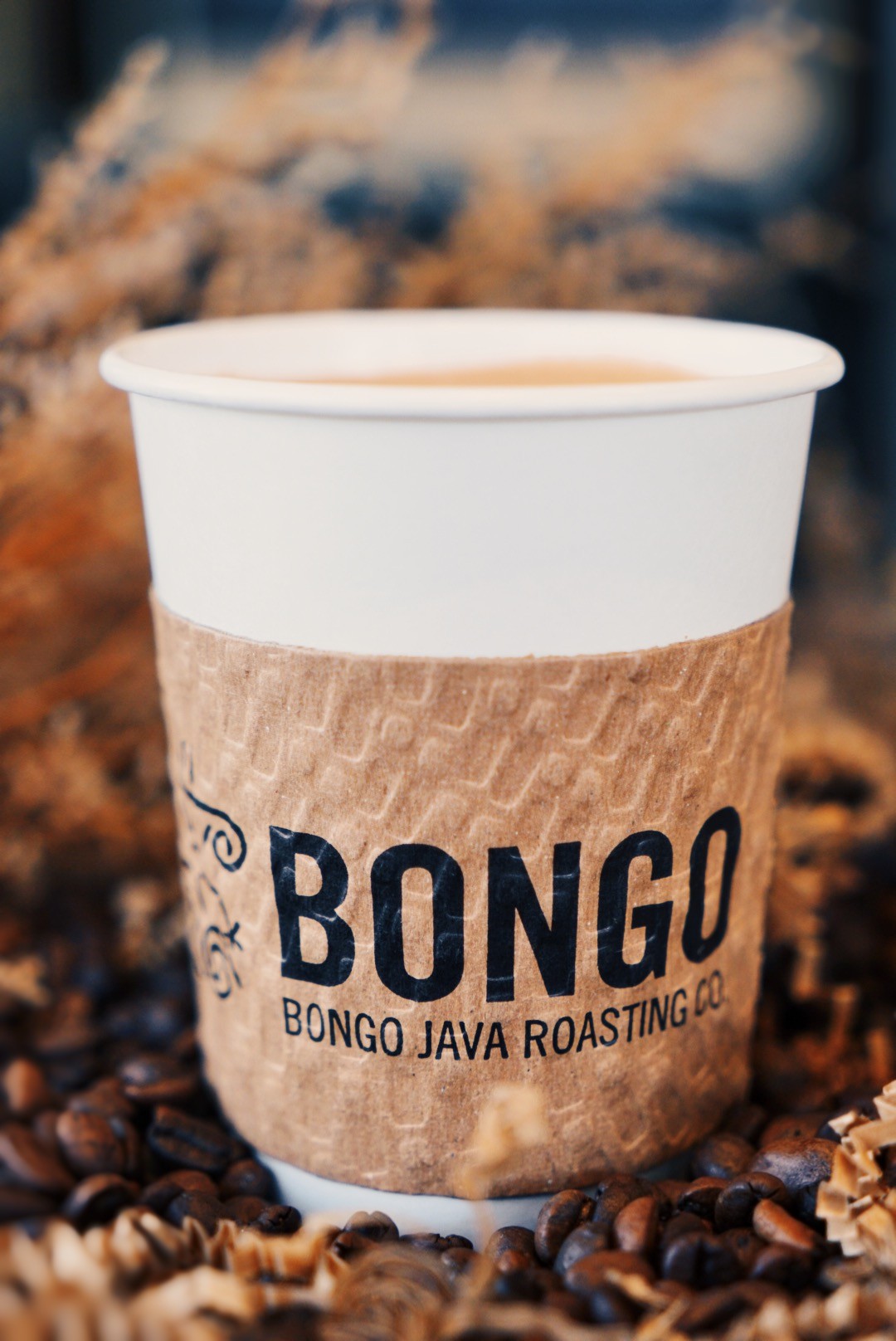

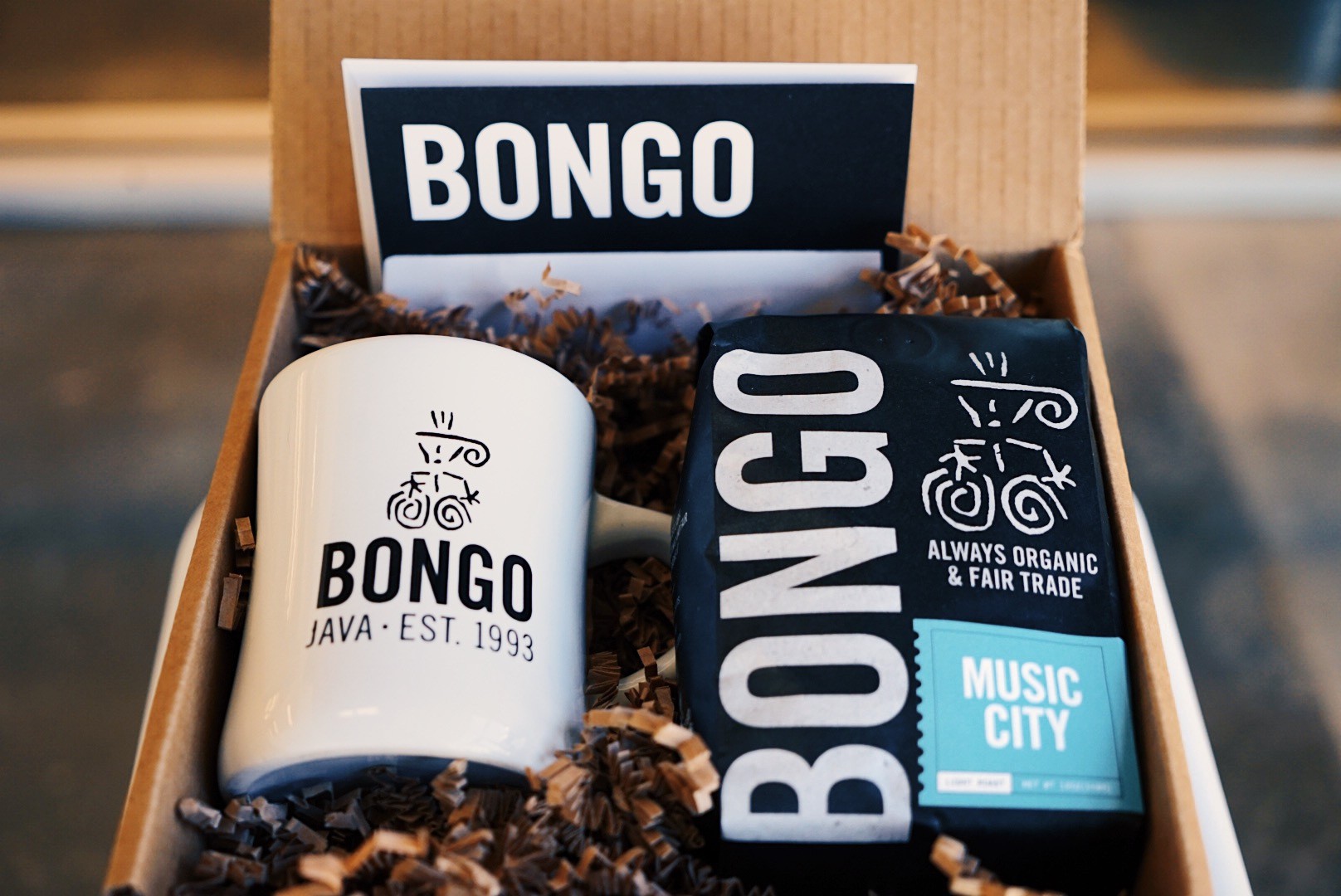
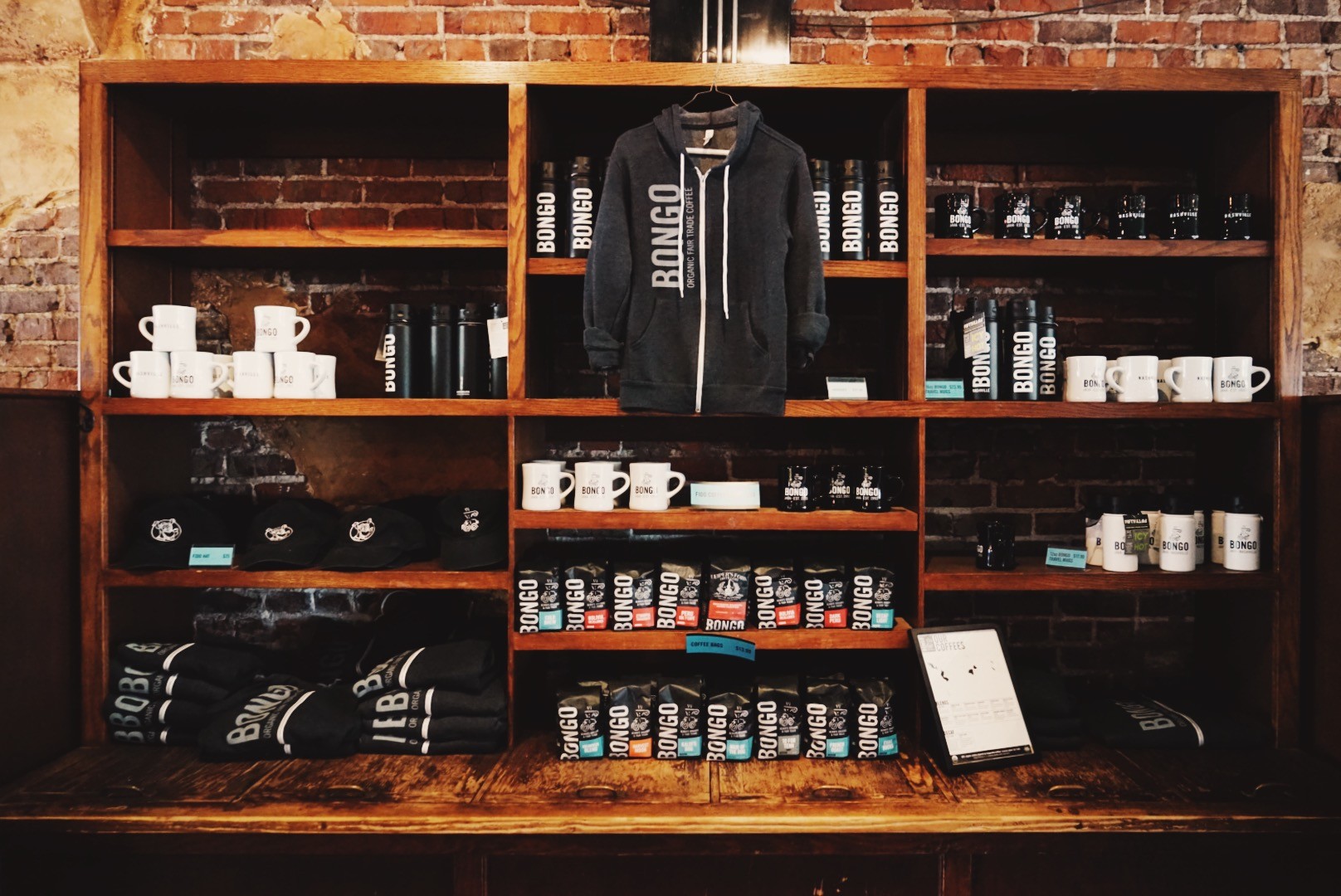
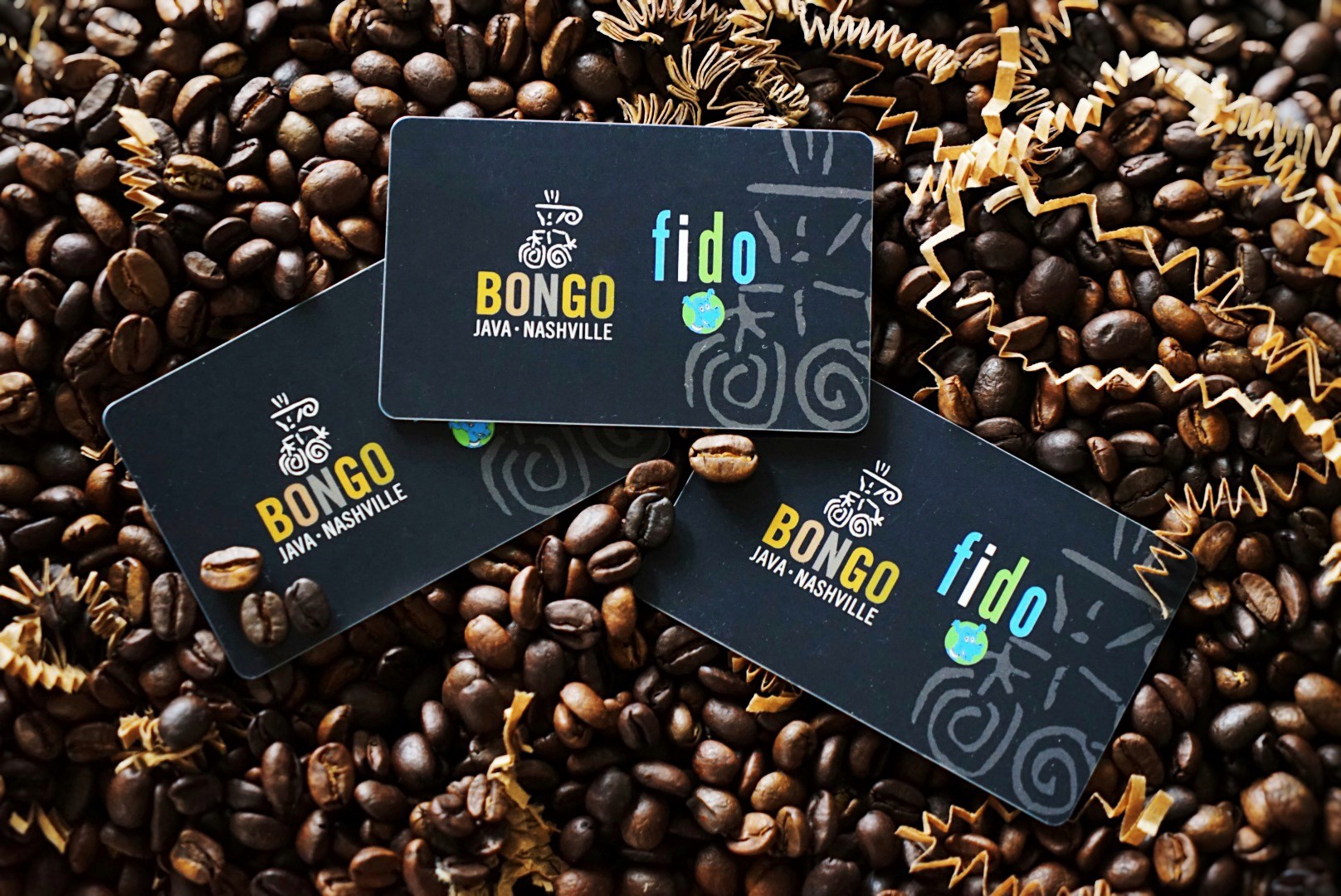
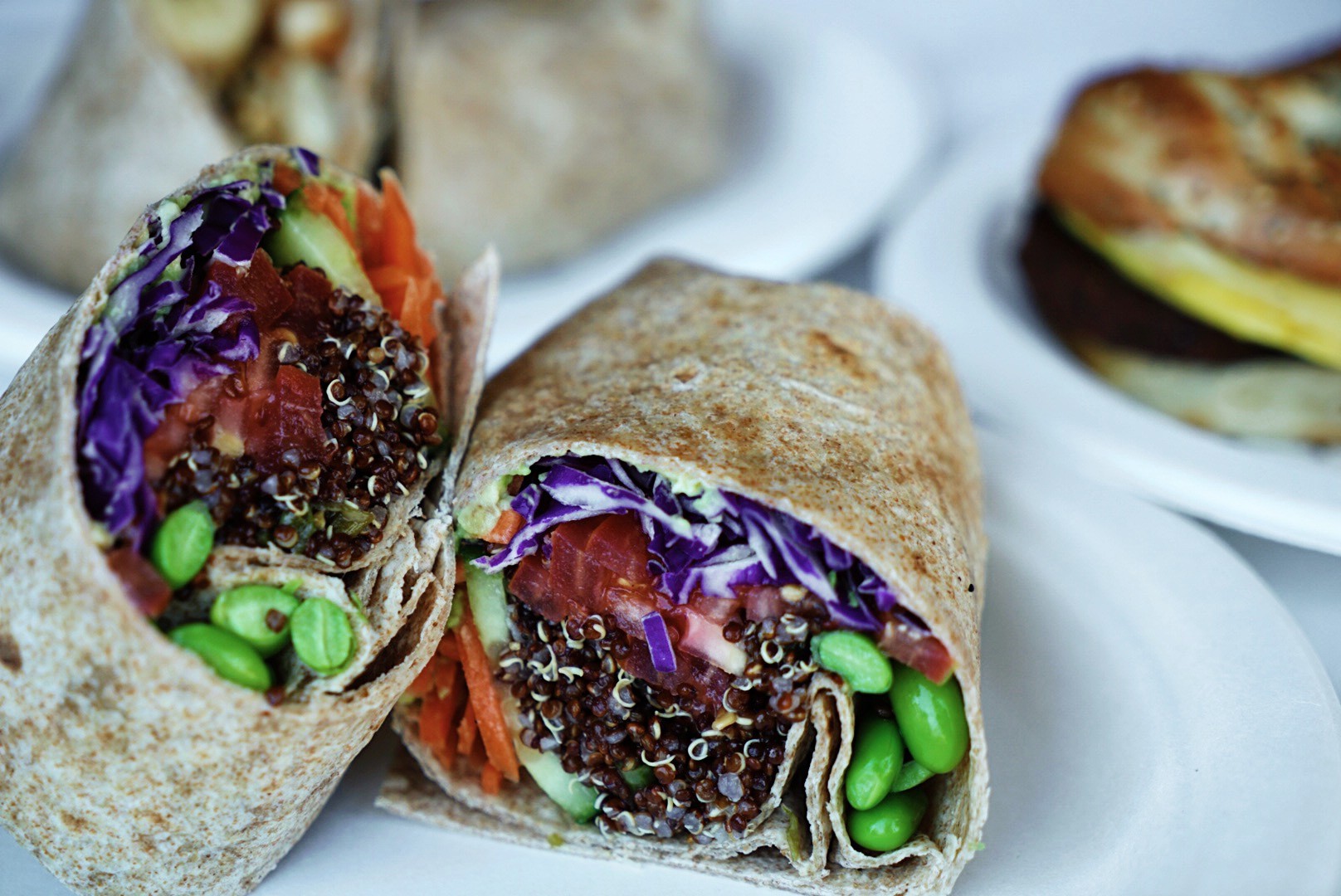
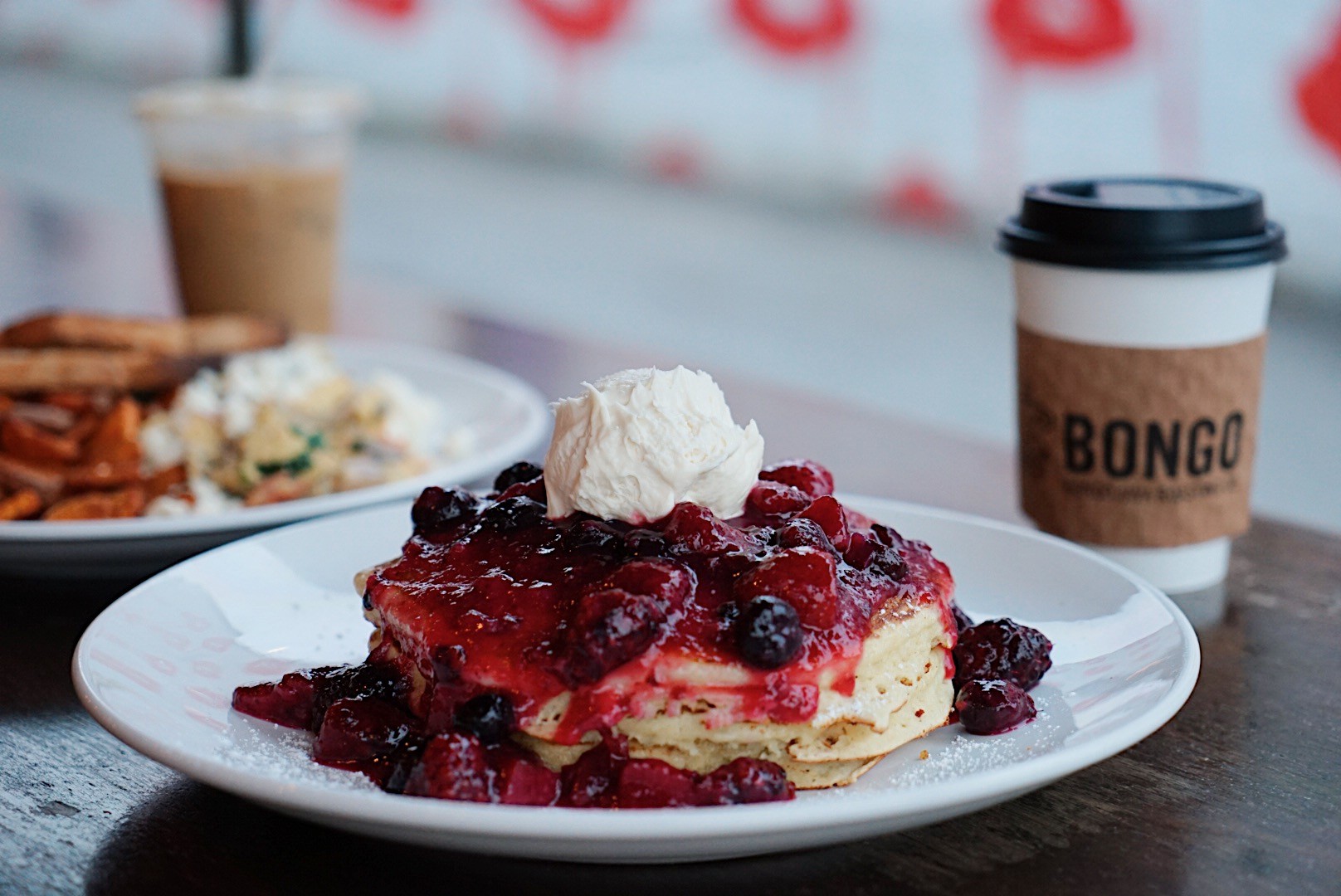
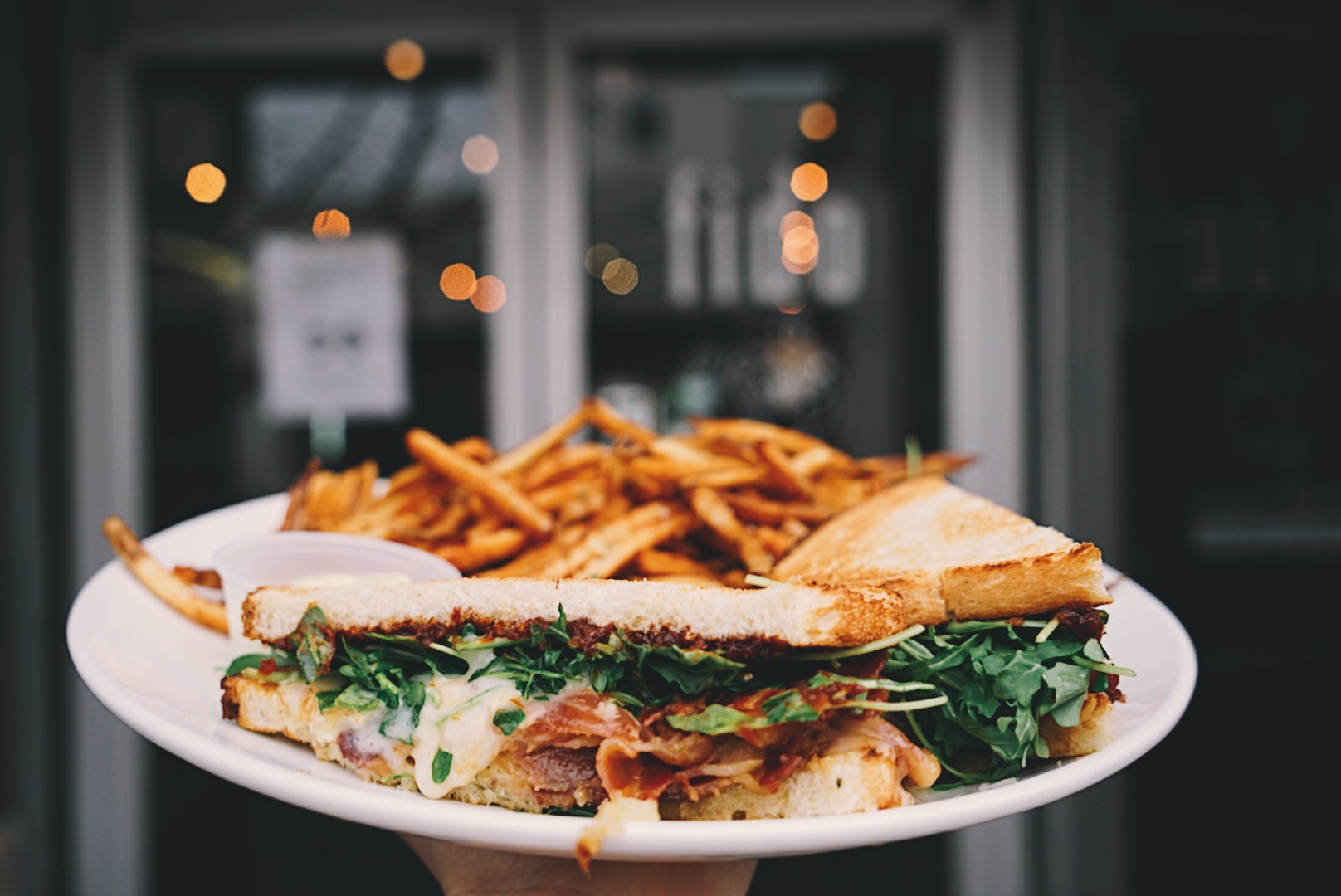
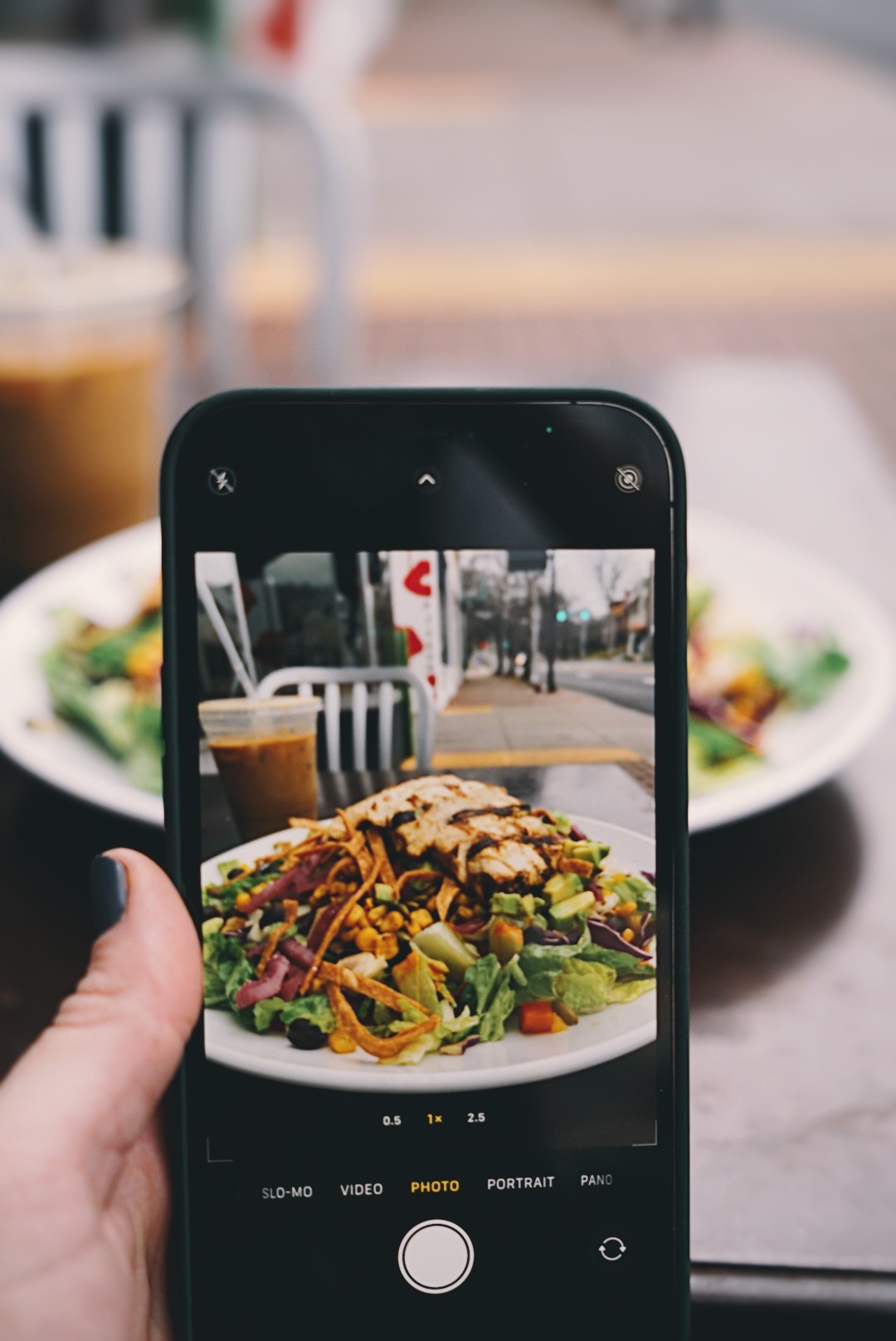
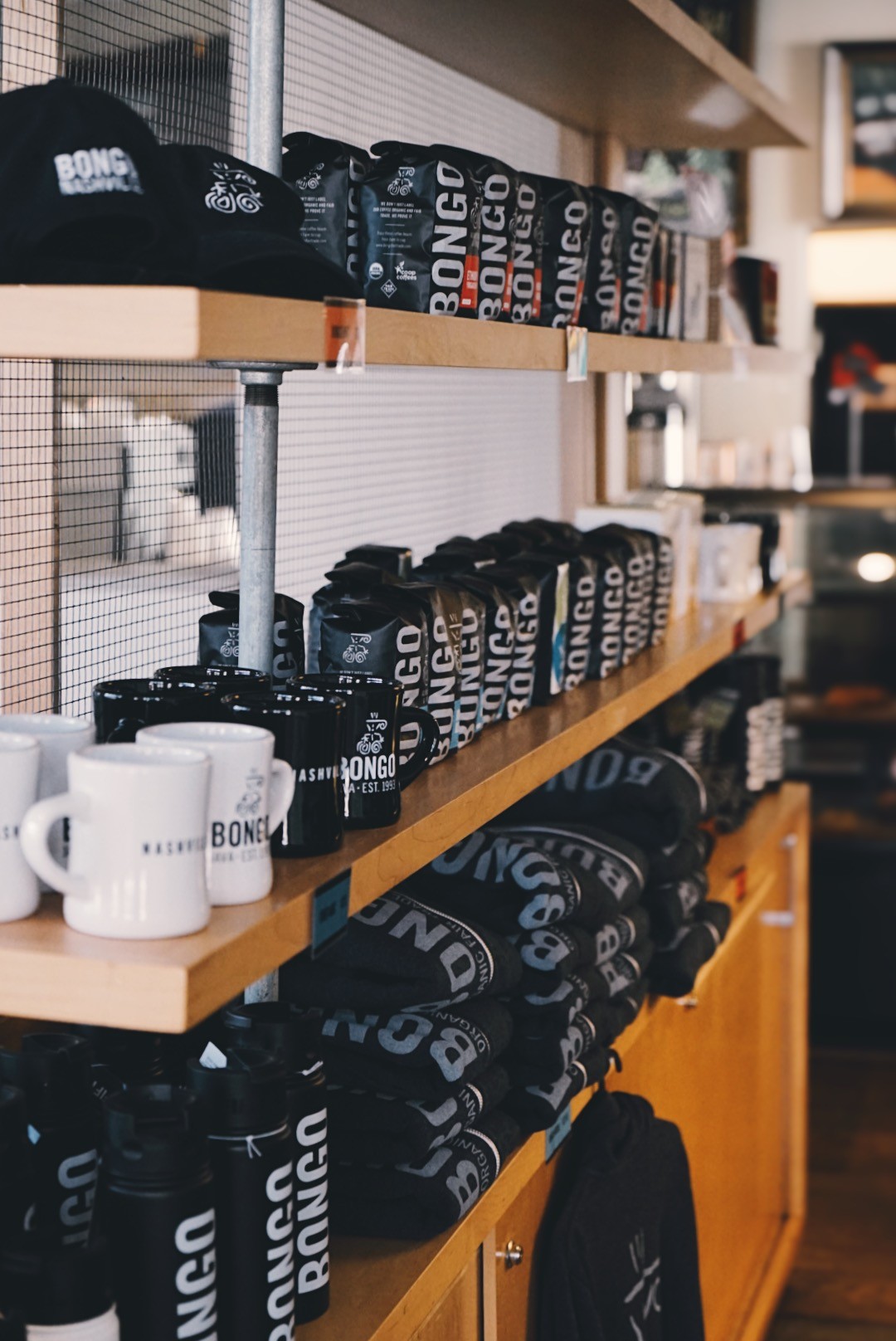
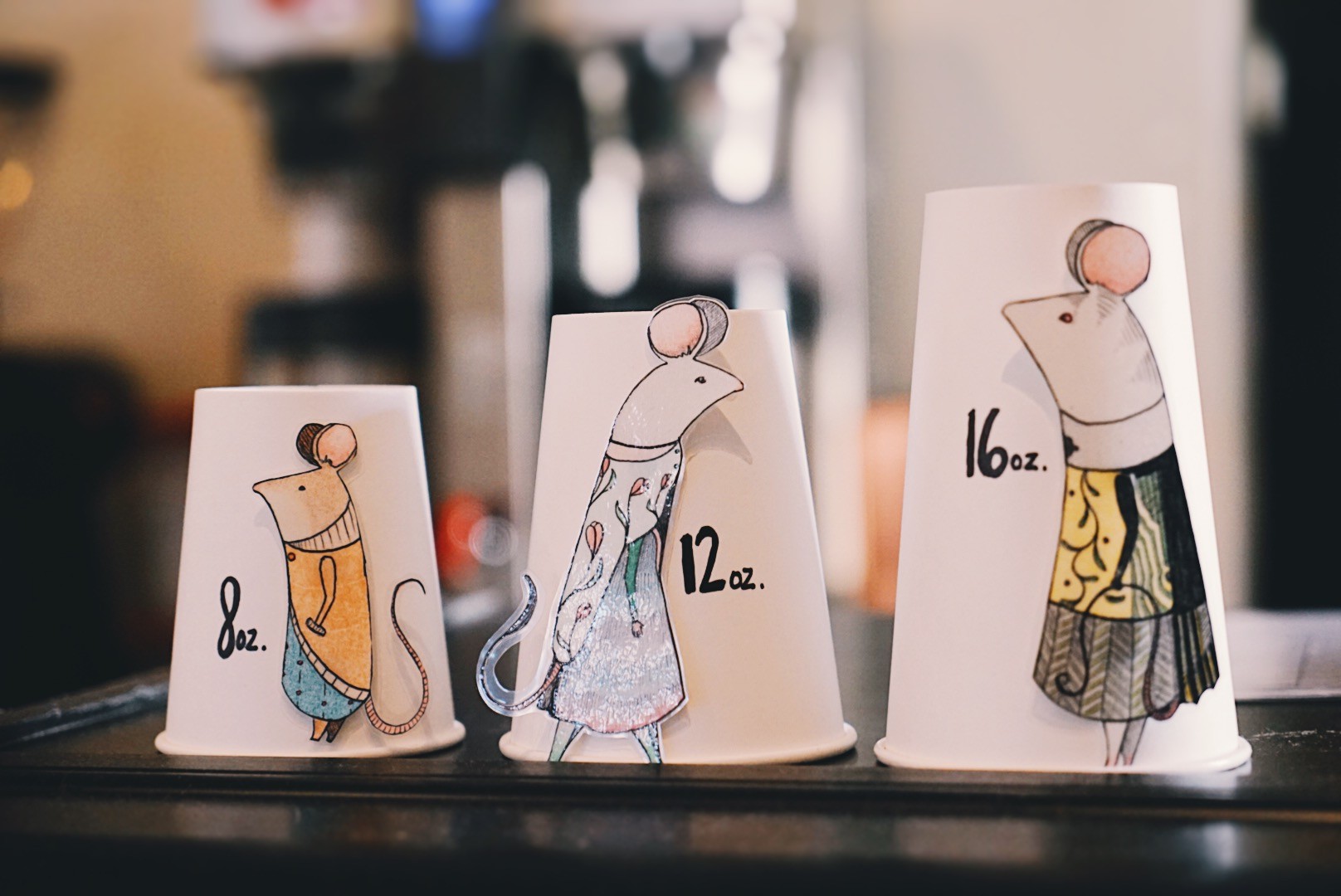
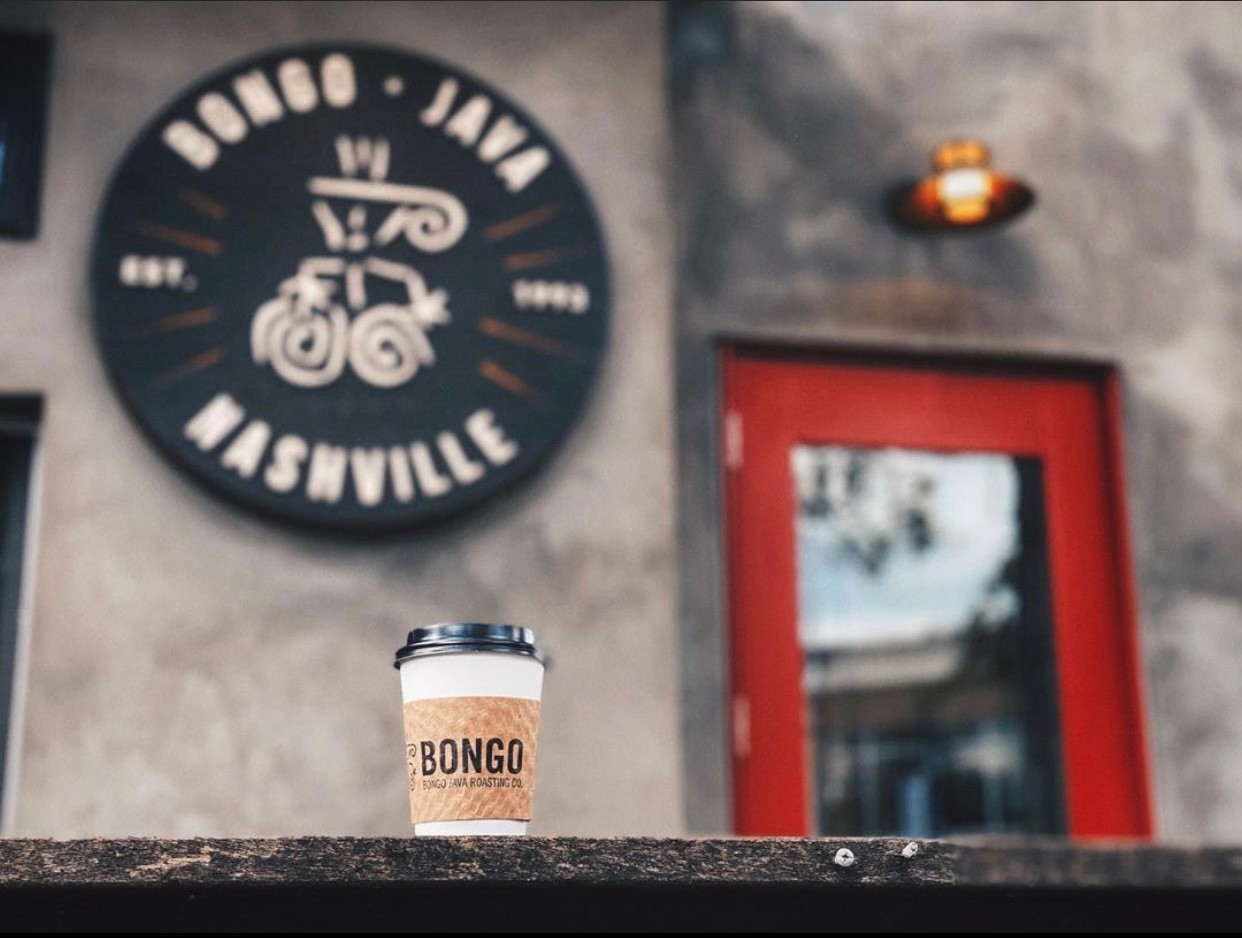
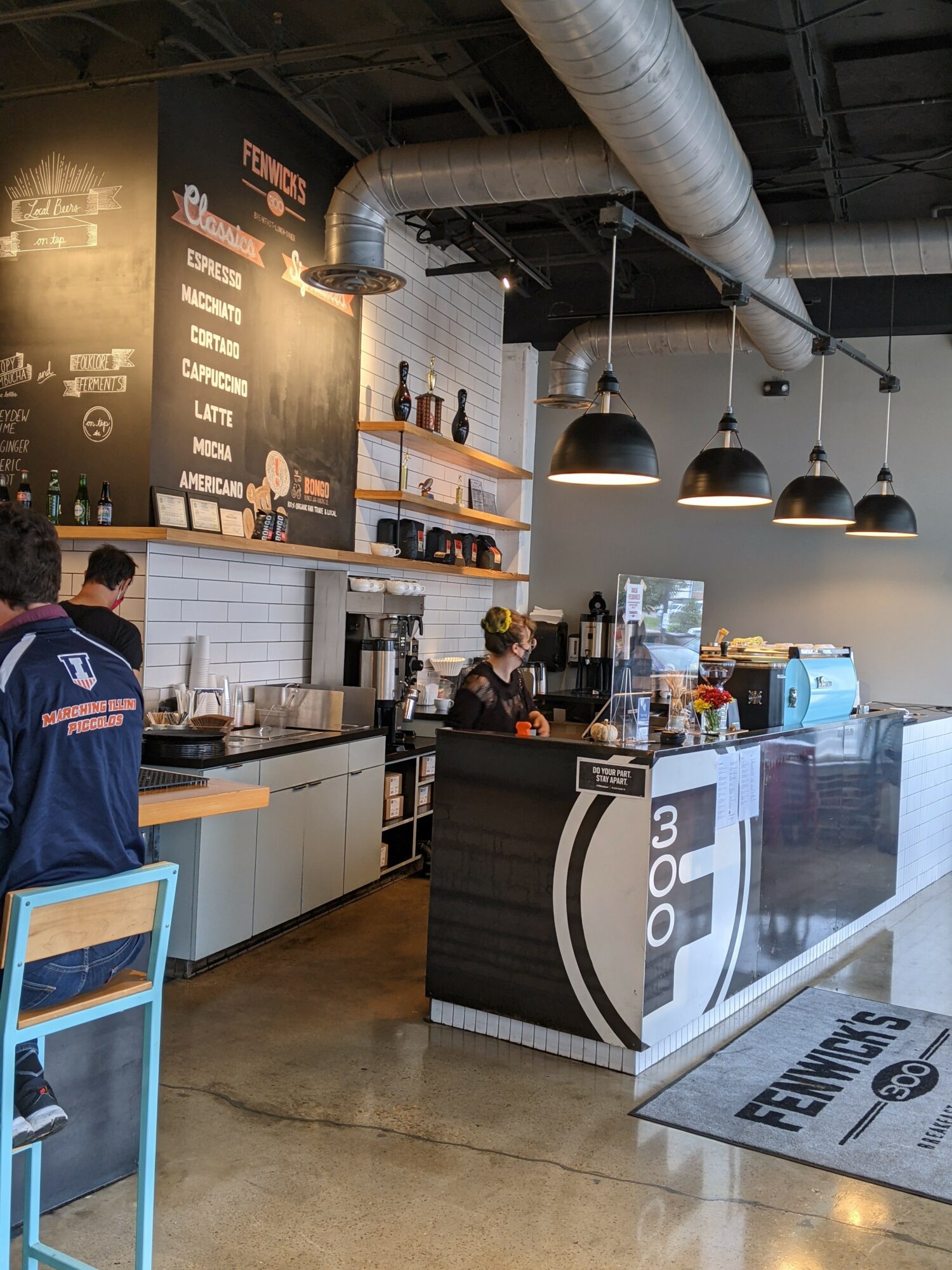
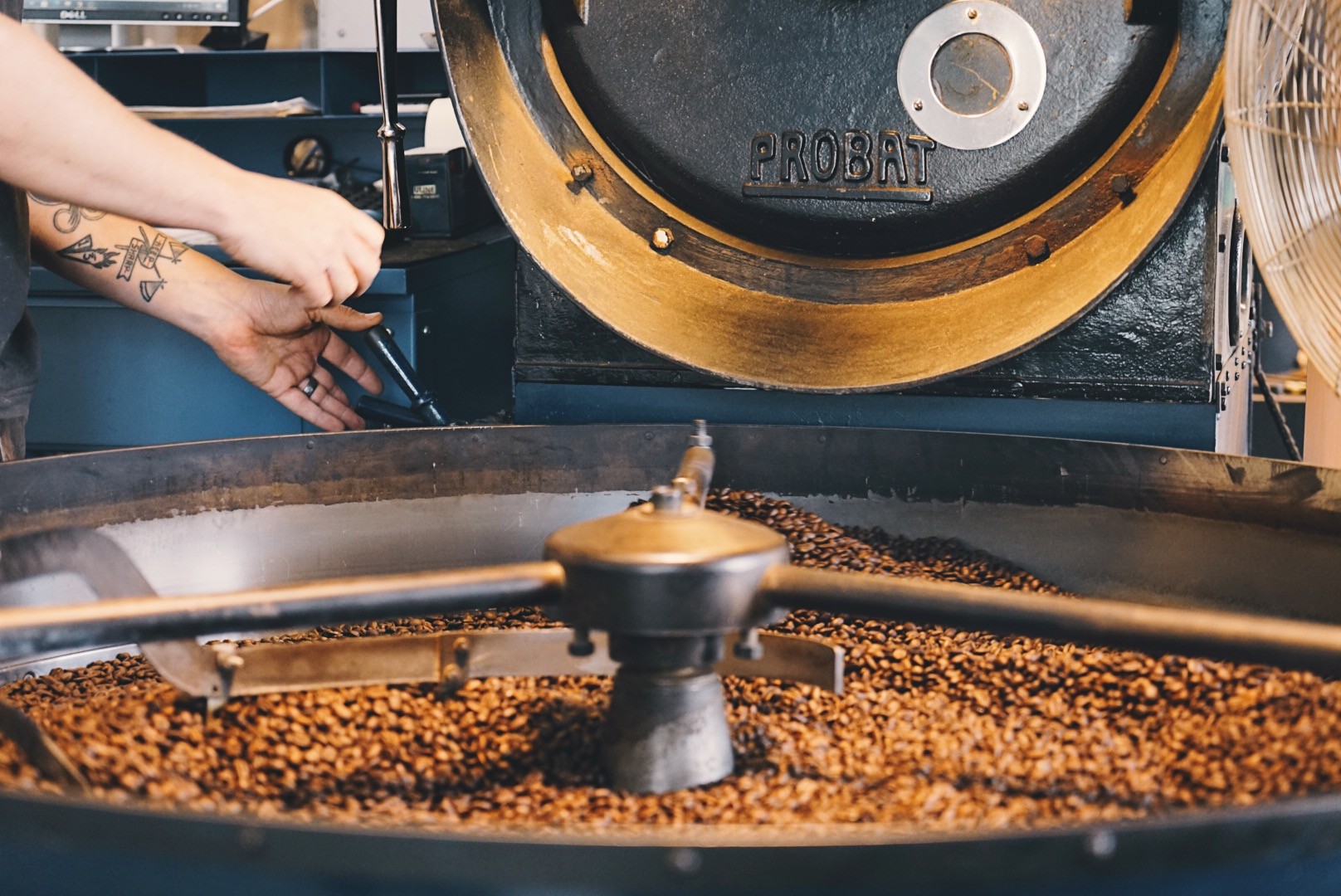
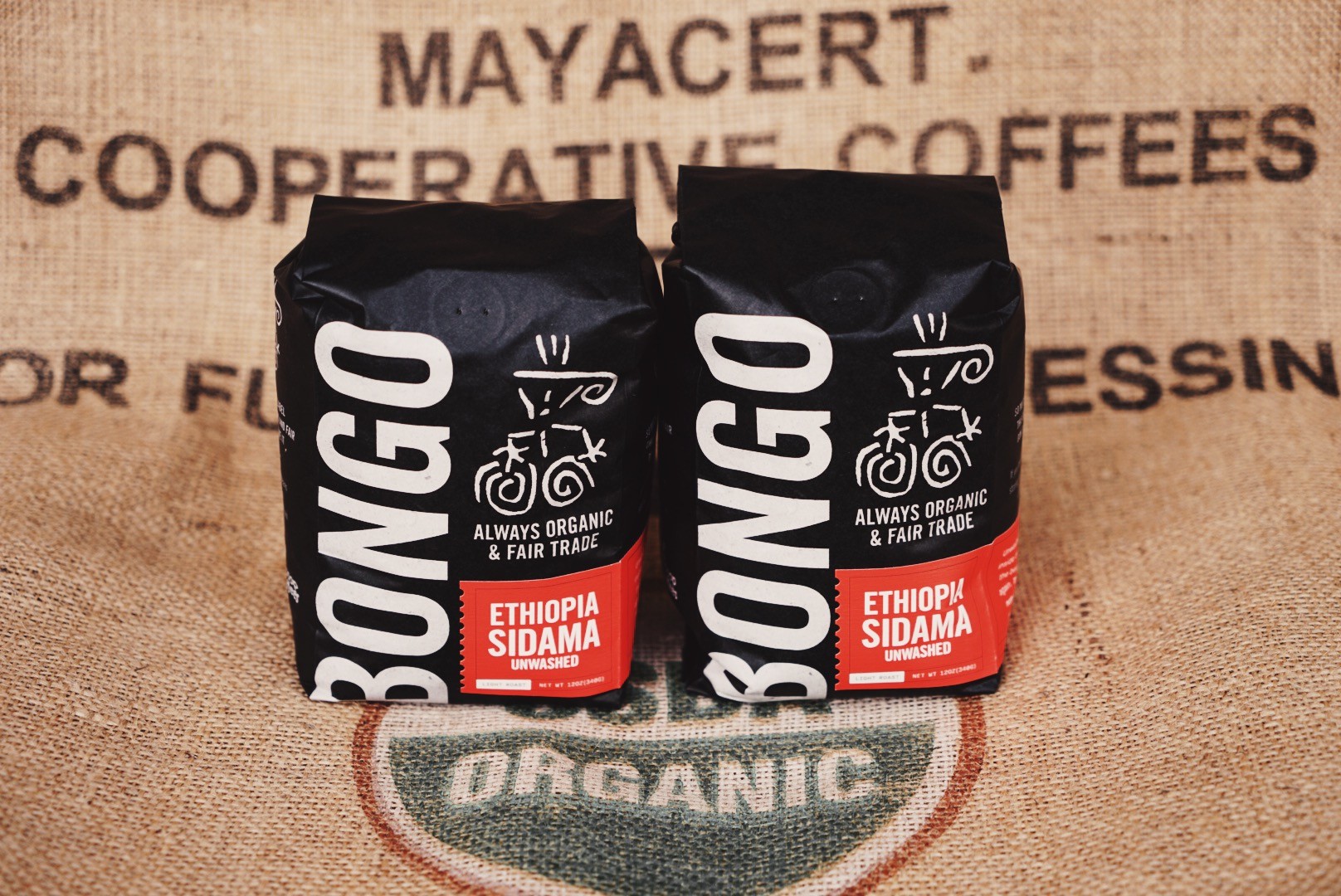
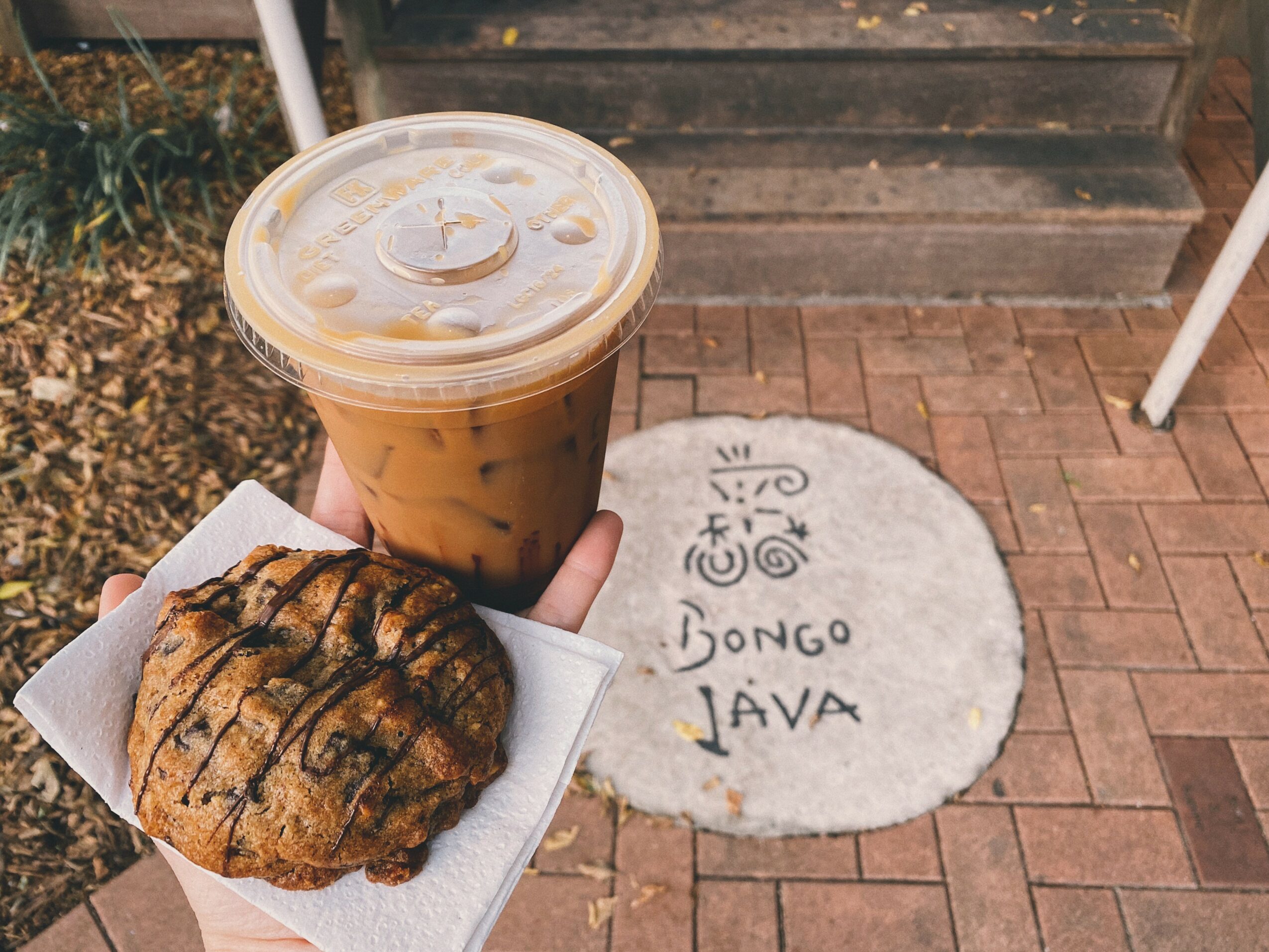
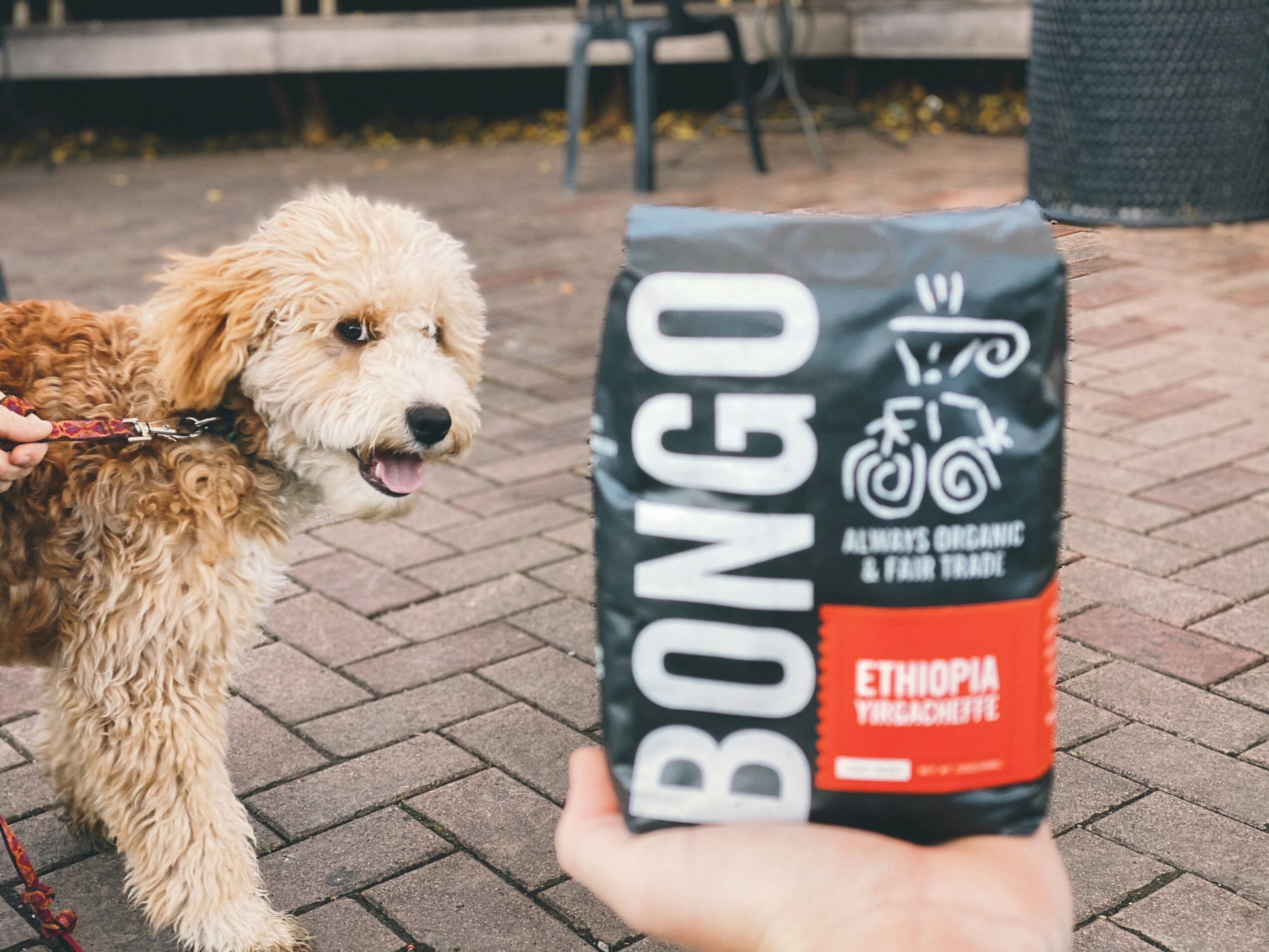 Image Credits
Image Credits
Tiff Trent











